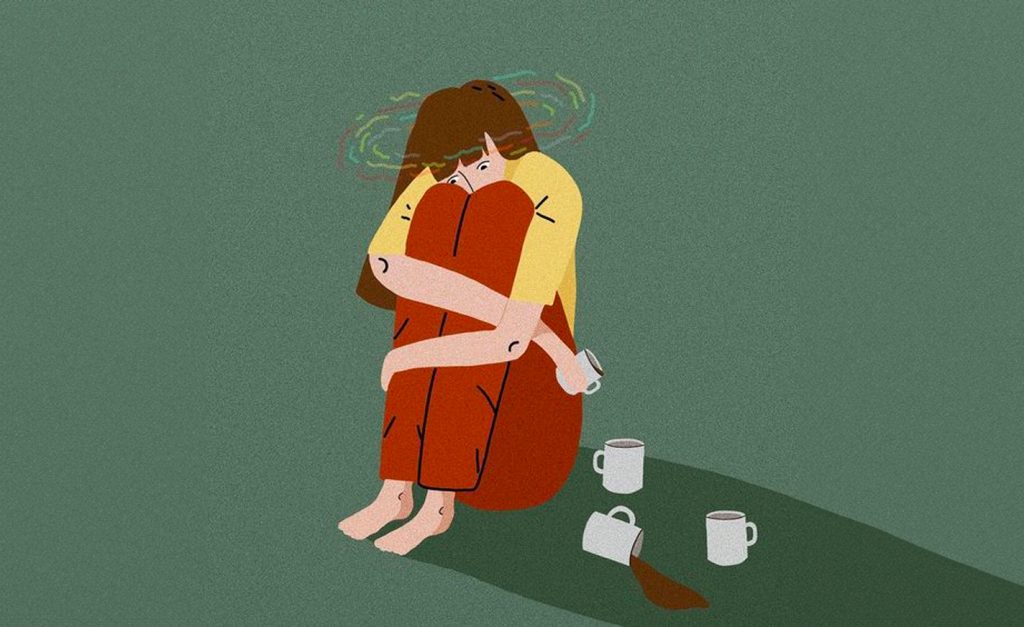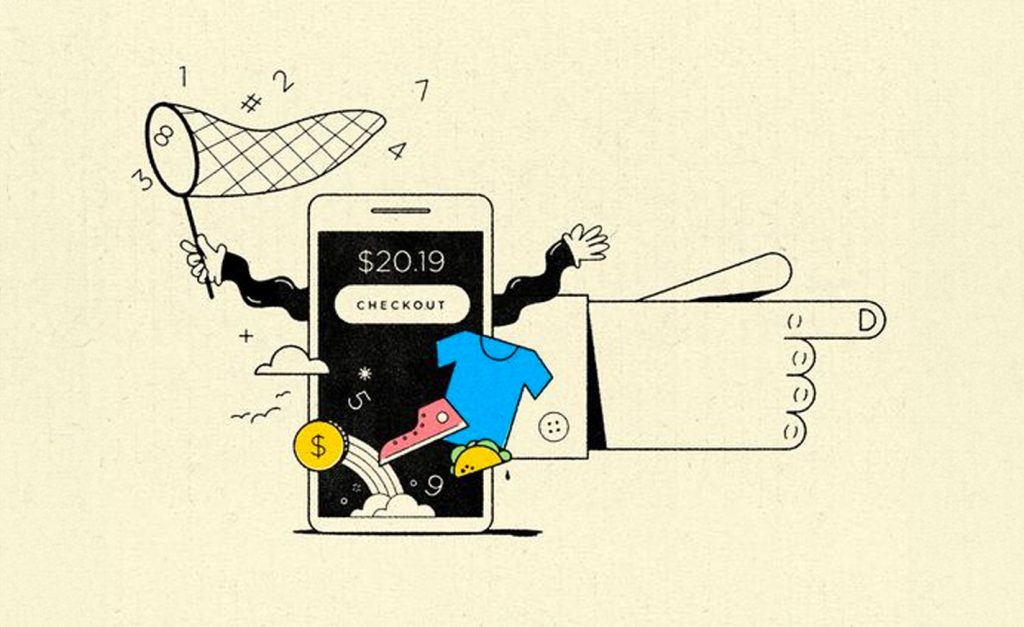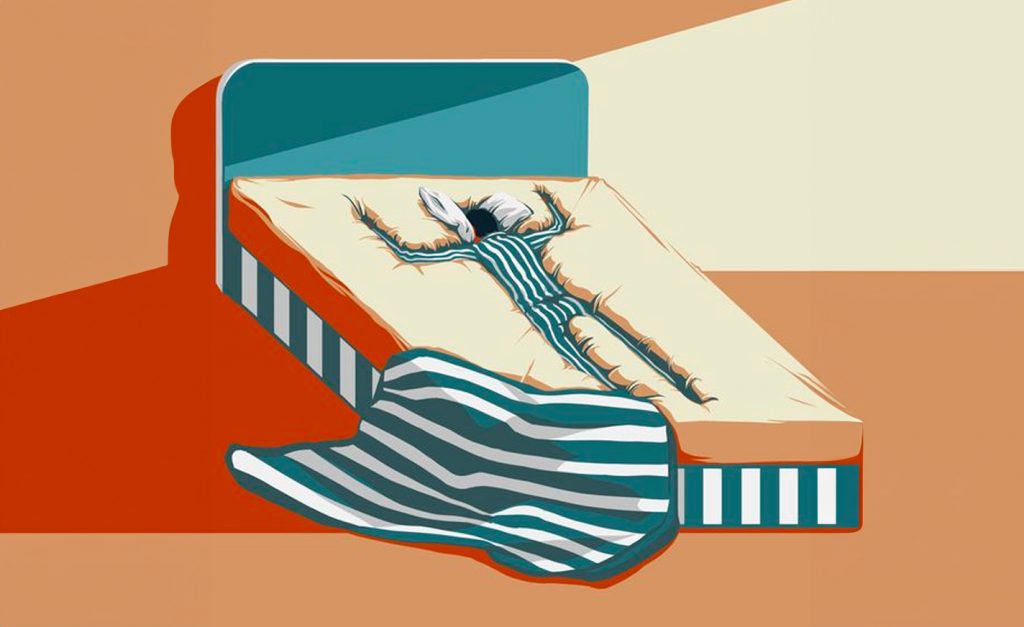A doctor explained safe guidelines for limiting your daily consumption, whether you’re drinking coffee, tea, energy drinks or soda.
Many of us, approximately 75%, kickstart our mornings with a cup of coffee. Whether it’s for the taste, the ritual, or the need to wake up, coffee is a daily companion. However, recent news highlighted a lawsuit against Panera Bread by the parents of a 21-year-old college student, Sarah Katz, who allegedly died after consuming Panera’s Charged Lemonade, containing 260 milligrams of caffeine.
This incident raises concerns about caffeine consumption, especially for individuals with heart conditions. To shed light on the matter, we consulted with Dr. James Udelson, chief of cardiology at Tufts Medical Center, to understand the safety limits of caffeine intake.
For those without heart conditions, the American Heart Association and the U.S. Food and Drug Administration suggest that three to four cups of coffee per day are generally safe, equating to 300-400 milligrams of caffeine. Signs of excessive caffeine intake include insomnia, jitteriness, palpitations, sweating, nausea, and headaches. Chronic overuse can lead to long-term issues such as sleep problems, anxiety, stomach problems, high blood pressure, and heart rhythm disturbances.
It’s essential to note that moderate caffeine consumption has proven health benefits. Studies, like those from the United Kingdom’s BioBank, indicate that moderate coffee intake (two to four cups per day) may lower the risks of cardiovascular diseases.
While most people can enjoy moderate caffeine intake without worry, certain individuals, like pregnant or lactating individuals and those with specific heart rhythm issues, need to be cautious. If concerns about caffeine’s impact on your health persist, consulting with a doctor is crucial for personalized advice.






